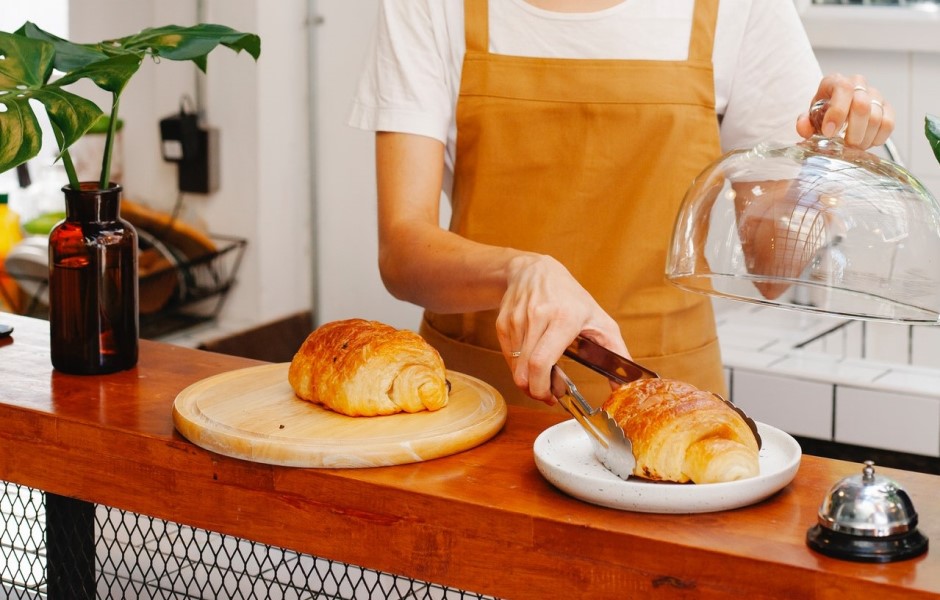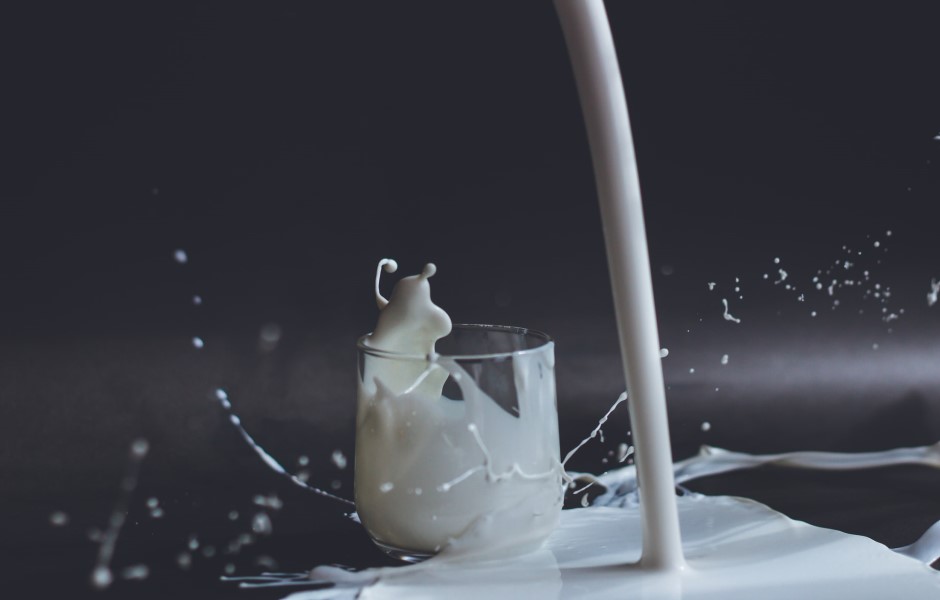Food waste doesn’t get spoken about nearly as much as plastic waste, despite it being a bigger problem than many people realise. In 2018, in the UK alone, around 9.5 million tonnes of food waste was produced, 2.9 million tonnes of which belonged to commercial businesses alone.
Whilst many believe that food just decomposes, which is true, this mass scale of disregarded food ends up in landfill, which not only represents a waste of money but also a contribution to climate change through the production of harmful methane gases.
So how do we reduce this cycle of binge buying and binning to smart buying and saving? Here are 5 ways to reduce food waste in your coffee shop.
Stock Taking
People tend to have a bad habit of buying more then what they need. Buying in bulk can sometimes have its benefits but it should only be done responsibly and in moderation. For instance, over-buying milk to be used in your hot beverages could lead to having milk that goes off due to being highly perishable, leading to wastage.
Stock control is a key component of making sure you don’t overbuy products that aren’t used as much. Keeping an eye on stock will maximise your shelf life as ingredients get used as and when needed rather than staying stored for weeks or possibly months on end.
Portion Size
People like cake but it doesn’t mean they’re going to eat the entire thing in one sitting. Keeping an eye on portion size making sure that cake slices, coffees and other consumables are in correct proportion and not too large that more is wasted then eaten.
Keep an eye on your customers finished mugs and plates. If the majority are leaving within finishing their portion, it could be a sign that you need to reduce your portion sizes.
Re-Training Staff
It’s important to make sure that your staff are clued up on food waste and it’s cost to your business. Train them to better understand adequate portion sizes and make use of specific sized mugs, to make the differentiation between portion sizes easier to understand for both staff and customers alike.
If warm food is something you provide in your café or coffee house, why think about offering a ‘special of the day’ which makes use of ingredients that would originally have gone to waste. The perfect example of such dishes are soups and stews.

Composting
Composting is slowly entering into restaurants and cafes. IKEA recently announced that in two years they’ve managed to prevent more than 3 million meals from being sent to landfill. Composting is a great way to deal with all kinds of waste including coffee grounds and if you don’t have the space, time or facilities to do it yourself, many budding composters would be willing to take it off your hands. Offering or letting your customers know that you are an eco-friendly based company will send off a good message to whoever is buying from you and perhaps make them more willing to return in the future.
Save Your Milk
Sometimes it can be as simple as overfilling or using a steaming pitcher that was too large. Fixing the problem can be as simple as making sure to use the correct pitchers for correct sizes and measuring out the milk correctly to reduce the excessive waste. To take it further, using a milk dispensing system can give perfectly measured milk so there’s no need for waste.

These are just a handful of the changes your business can implement in an attempt to tackle food wastage and reduce losses. As sustainability becomes more important to consumers, who have the ability to ‘vote’ with their money, it’s paramount that you’re seen to be making an effort to minimise your businesses’ impact on the environment.



